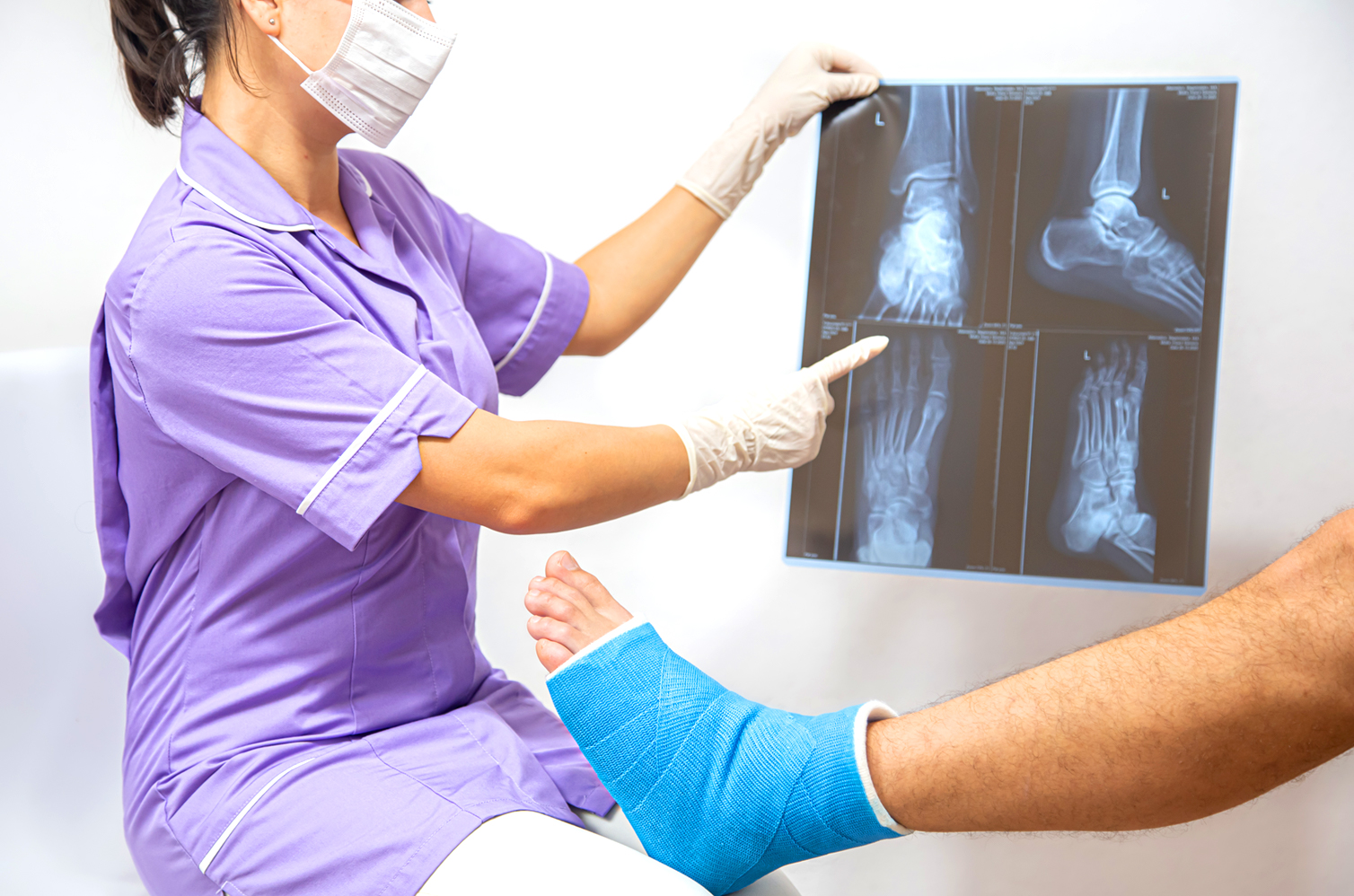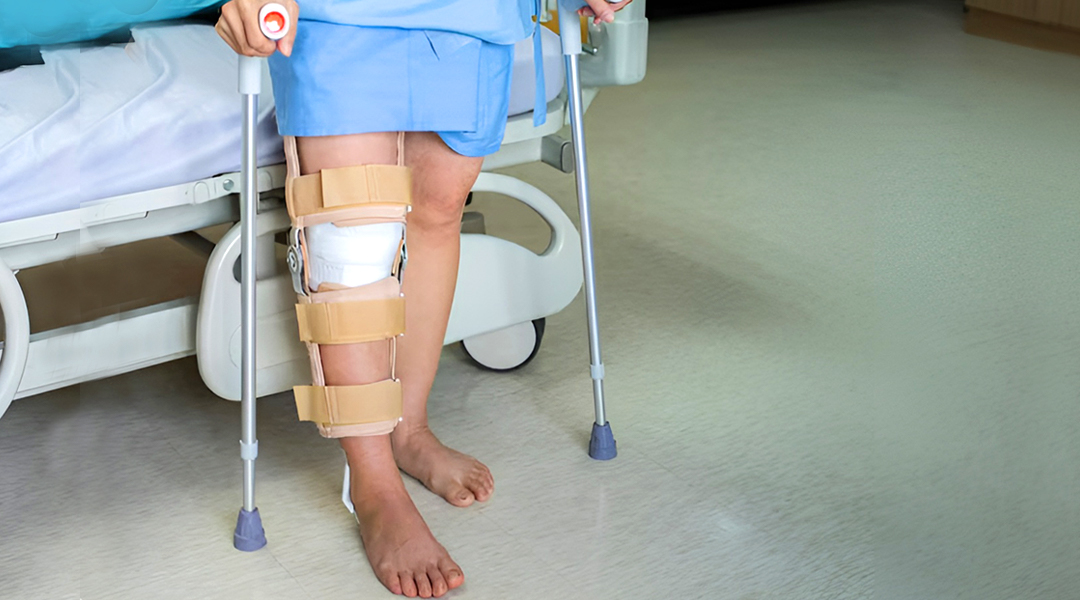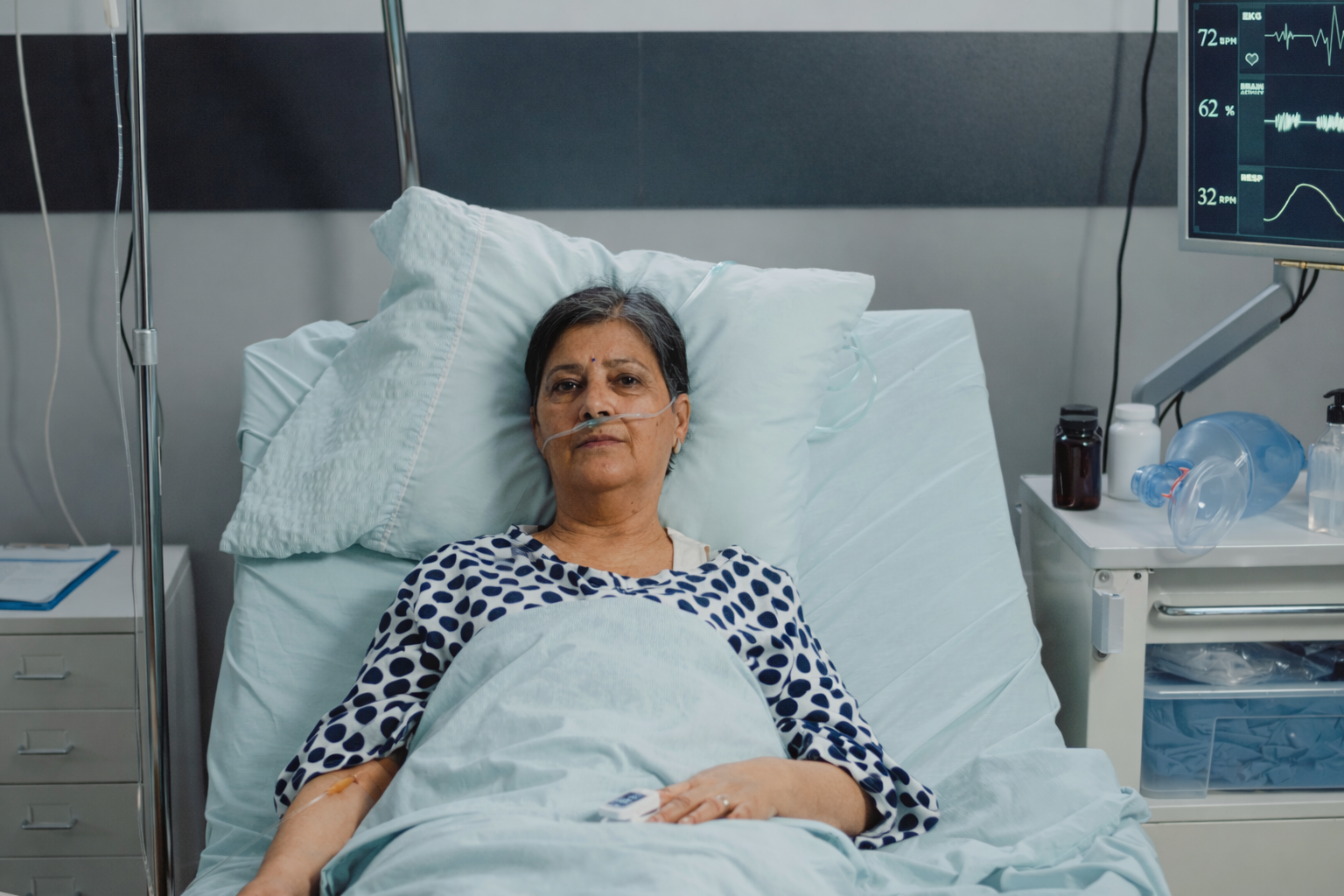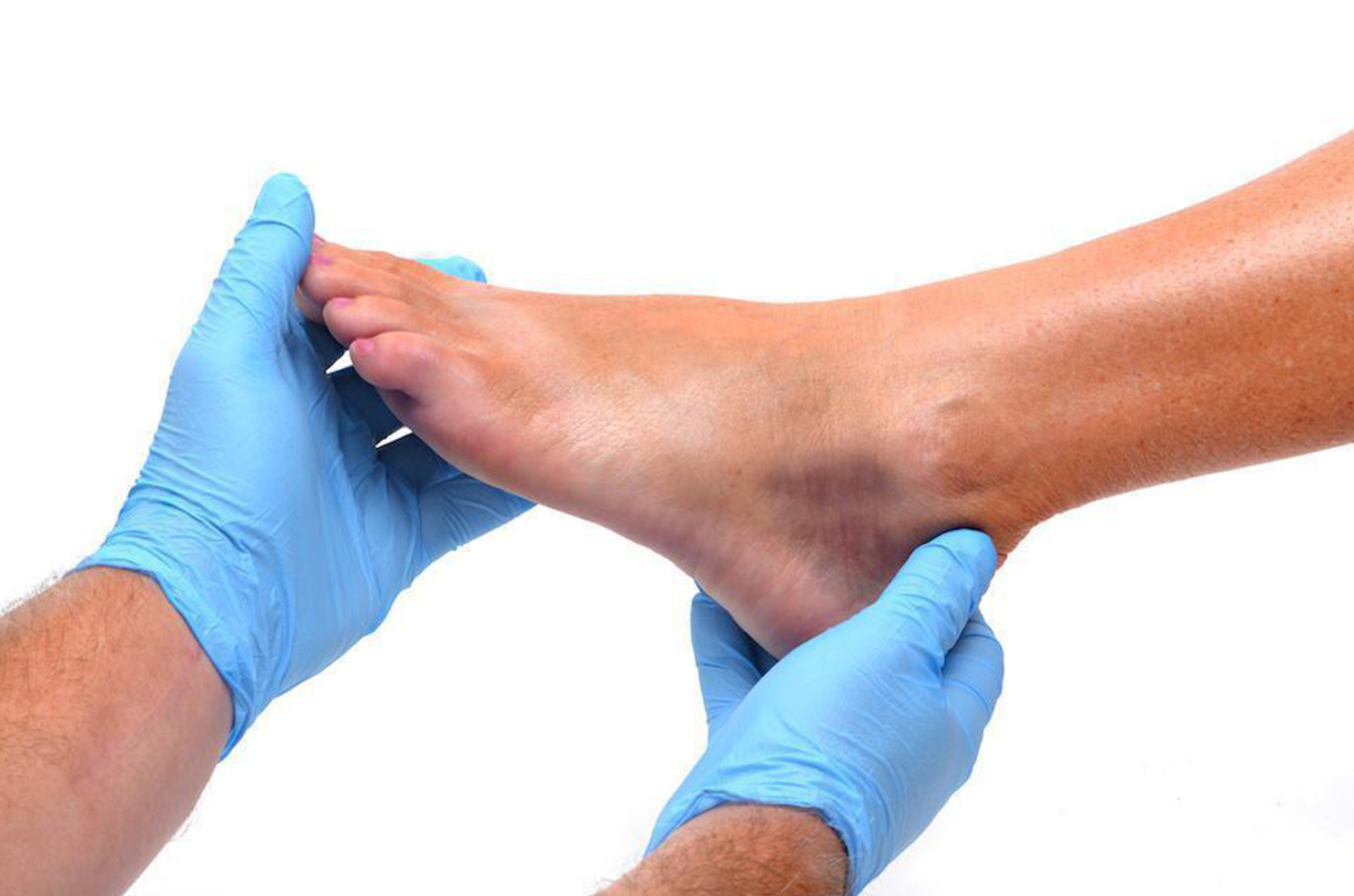Renal cysts are generally harmless and often discovered incidentally during imaging for unrelated issues. However, when they grow significantly in size or begin to exert pressure on surrounding kidney structures, they can lead to troublesome symptoms such as flank pain, urinary difficulties, and even secondary effects like anxiety or digestive disturbances. In such cases, surgical intervention becomes essential—not only to relieve symptoms but also to preserve kidney function and prevent potential complications such as infection or damage to renal tissue.
At Tulips Multispeciality Hospital, under the expert guidance of Dr. Neelakandan, we recently managed a complex case involving a large symptomatic Type I cortical renal cyst in a 37-year-old male. This patient had been experiencing persistent urinary issues and related discomfort, significantly impacting his daily life. Through timely diagnosis and advanced laparoscopic deroofing surgery, we were able to completely resolve his symptoms, leading to a remarkable improvement in both his physical well-being and overall quality of life.
Case Presentation: More Than Just Urinary Symptoms
A 37-year-old male came to our hospital with a long history of:
- Irritable Bowel Syndrome (IBS)
- Frequent dysuria (painful urination)
- Recurrent dysentery
- Significant anxiety
His urinary symptoms had become debilitating, and the psychological distress from these ongoing health issues was impacting his daily routine.
Diagnosis: A Large Type I Cortical Renal Cyst
An ultrasound and subsequent imaging revealed:
- Size: 6 × 9 cm
- Type: Bosniak Type I simple cortical renal cyst
- Effect: Compression of the renal parenchyma (functional kidney tissue)
While simple cysts are generally benign, the size and pressure effects explained his persistent urinary discomfort. Given the severity of symptoms, Dr. Neelakandan recommended laparoscopic renal deroofing.
What Is a Cortical Renal Cyst?
A cortical renal cyst is a fluid-filled sac that forms in the outer portion of the kidney.
- Type I cysts are simple, thin-walled, and typically non-cancerous.
- They usually require no treatment unless they cause pain, urinary problems, or compress kidney tissue.
In this case, the cyst’s size and pressure were linked to the patient’s symptoms.
Laparoscopic Renal Deroofing: Step-by-Step at Tulips
1. Preoperative Preparation
- The patient underwent a thorough medical evaluation, including blood tests, imaging, and clinical assessments, to ensure they were fit for surgery.
- General anesthesia was safely administered by the anesthesiology team to ensure the patient remained unconscious and pain-free during the procedure.
- The abdomen and flank area were carefully cleaned and disinfected using sterile techniques to minimize the risk of infection.
2. Access & Port Placement
- Small keyhole incisions were made for the camera and surgical instruments
- Carbon dioxide insufflation to create working space in the abdomen
3. Identifying and Exposing the Cyst
- The kidney was gently freed from surrounding tissues to gain clear access and fully expose the cyst wall without causing damage to nearby structures.
- The cyst appeared enlarged and was visibly pressing against the surrounding renal tissue, contributing to the patient’s symptoms.
4. Marsupialization (Deroofing)
- The front wall of the cyst was excised
- Cyst fluid was drained, and the wall edges were cauterized to prevent recurrence
- Opening left to communicate with the peritoneal cavity for natural absorption
5. Closure
- The procedure was completed with minimal blood loss, ensuring a safer recovery for the patient.
- The small port site incisions were closed using absorbable sutures, providing optimal healing and leaving minimal visible scarring for better cosmetic results.
Why Dr. Neelakandan’s Approach Was Important

By choosing laparoscopic deroofing, Dr. Neelakandan ensured the patient received the best balance of safety, effectiveness, and comfort. This approach offered:
- Smaller incisions & minimal scarring – The use of keyhole-sized cuts meant less damage to surrounding tissue, resulting in minimal visible marks and improved cosmetic outcomes.
- Faster recovery – With reduced tissue trauma and less postoperative pain, the patient could resume normal activities sooner compared to traditional open surgery.
- Lower infection risk – The minimally invasive nature of the procedure, combined with sterile techniques, significantly reduces the chances of postoperative infections.
- Effective relief from compression symptoms – Removing the cyst’s front wall relieved pressure on the kidney tissue, improving function and alleviating discomfort.
This minimally invasive method not only addressed the cyst effectively but also ensured that the healthy functional tissue of the kidney remained intact, preserving overall kidney health while eliminating the source of the problem.
Post-Surgical Care & Outcome
After surgery, the patient was:
- Monitored in recovery for vital stability
- Given IV fluids, antibiotics, and pain relief
- Encouraged to mobilize early for faster healing
Recovery:
- Urinary symptoms resolved completely within days
- Anxiety levels dropped significantly as physical discomfort disappeared
- Discharged in stable condition with follow-up advice
Histopathology Report: Confirmed benign simple cyst—no cancerous changes.
When Should You Seek Medical Advice for a Kidney Cyst?
While most kidney cysts are harmless, seek medical attention if you experience:
- Persistent flank or abdominal pain
- Recurrent urinary tract symptoms
- Blood in urine
- Fever with urinary discomfort
Early detection and treatment can prevent kidney damage.
Why Choose Tulips Multispeciality Hospital for Urological Care?
At Tulips Multispeciality Hospital, we pride ourselves on delivering world-class care for patients with urological concerns, combining cutting-edge medical technology with compassionate service. Here’s what sets us apart:
1. Advanced Laparoscopic Technology
We use advanced laparoscopic systems for precise, minimally invasive surgeries, ensuring smaller incisions, less pain, and faster recovery. Our technology enables maximum surgical efficiency and safety.
2. Expert Surgeons like Dr. Neelakandan
Our team includes highly skilled specialists such as Dr. Neelakandan, who brings years of experience in advanced urological procedures. His expertise in handling complex renal cases ensures that even the most challenging conditions are treated with confidence and precision, leading to excellent patient outcomes.
3. Patient-Centered Approach
We tailor care to each patient, focusing on clear communication, education, and support from consultation to recovery. Our goal is to empower you with knowledge to make confident health decisions.
4. Comprehensive Post-Operative Follow-Up
Successful surgery is only the first step in your healing journey. Our comprehensive follow-up care includes regular check-ups, imaging when necessary, and lifestyle guidance to ensure long-term health and prevent recurrence. We monitor your recovery closely so you can return to your normal activities quickly and with confidence.
Whether it’s a routine cyst removal or a complex kidney surgery, Tulips Multispeciality Hospital ensures safe, effective, and minimally invasive solutions—delivered with expertise, technology, and a genuine commitment to patient well-being.
Conclusion
This case demonstrates how timely surgical intervention for a large renal cyst can dramatically improve both physical health and mental well-being. Handled at the best multispeciality hospital in Shollinganallur, under the expertise of Dr. Neelakandan, the patient received world-class care and advanced laparoscopic treatment. The successful procedure helped them regain a symptom-free life and peace of mind.
If you’re facing persistent urinary symptoms, consult our specialists for an accurate diagnosis and treatment you can trust at Tulips Multispeciality Hospital for better care.
FAQs:
- Are all renal cysts dangerous?
No, most renal cysts—especially Bosniak Type I—are harmless and do not require treatment. However, large or symptomatic cysts can cause pain, urinary issues, or kidney compression, and may need surgical intervention. - What symptoms suggest a kidney cyst needs treatment?
Seek medical attention if you experience persistent flank pain, urinary discomfort, blood in the urine, fever with urinary symptoms, or if imaging shows the cyst is growing. - What is laparoscopic renal deroofing?
It’s a minimally invasive surgical procedure where the wall (“roof”) of the cyst is removed, the fluid is drained, and the cyst edges are treated to prevent recurrence.












